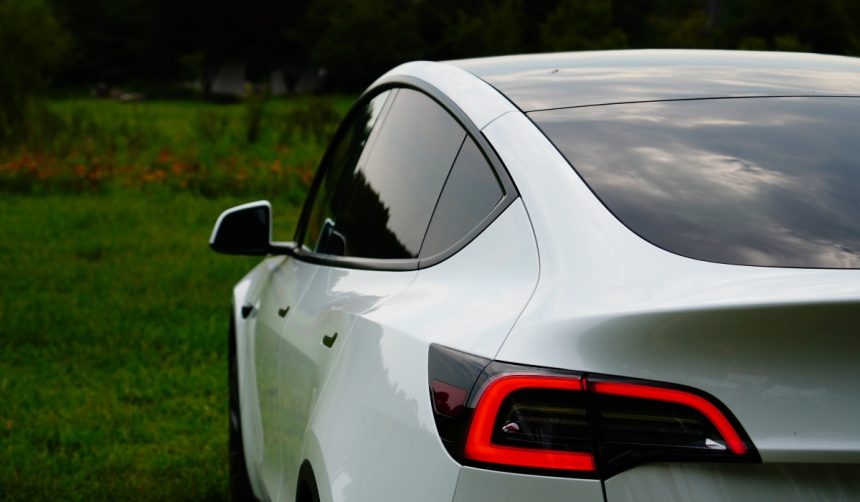Global competition in battery energy storage is intensifying as companies pursue reliable power solutions for a changing energy landscape. Market dynamics shifted in 2024, with Tesla Energy preserving its leading position among battery energy storage system (BESS) integrators worldwide. Stakeholders across different regions are recalibrating their strategies, given regulatory uncertainties and evolving energy policies. As energy transition efforts accelerate, new entrants and established brands alike are adapting to fresh challenges in key markets.
Wood Mackenzie’s previous reports often showed Tesla as maintaining a comfortable lead in BESS market share, with less mention of aggressive advances by Chinese competitors. Recently published data reflects a narrower gap between Tesla and rivals like Sungrow, suggesting heightened competition, especially in Europe. Prior coverage tended to emphasize North American market supremacy, but recent developments now highlight notable progress by Chinese manufacturers in Europe and the Middle East, accompanied by regional declines in North America due to shifting trade policies and political factors.
What Drives Tesla’s Global Market Performance?
Tesla Energy recorded a 15% share of global BESS shipments in 2024, maintaining its No. 1 rank for a second consecutive year, according to Wood Mackenzie rankings. The company’s Powerpack and Megapack products remained especially dominant in North America, where Tesla captured 39% of the market.
Tesla stated, “We continue to see strong demand and consistent deployment of our energy products worldwide.”
This lead, though notable, is under increased pressure as competitors invest in expansion strategies beyond their home countries.
How Are Chinese Integrators Affecting the BESS Landscape?
Chinese companies, particularly Sungrow and CRRC, are rapidly making inroads in global energy storage markets, now occupying seven of the top 10 global BESS integrator positions. In Europe, Chinese firms recorded a 67% year-over-year market share growth. However, they faced difficulties in North America, experiencing over a 30% decline in share due to policy restrictions and trade tensions.
Analyst Kevin Shang commented, “The global BESS integrator landscape is becoming increasingly complex, with regional trade policies and geopolitical tensions reshaping competitive dynamics.”
Which Trends Are Shaping Regional Market Competition?
The industry faces region-specific headwinds that are rapidly shifting the competitive balance. In the U.S. and Canada, Tesla’s leadership is challenged with narrowing advantages over rivals, while European markets show rising preference for Chinese integrators. Manufacturers that can adapt to regulatory fragmentation and localize offerings are likely to improve their standing. Data now indicates that market share expansion is no longer guaranteed year over year, as seven of the top 10 BESS providers either maintained or lost share, according to Wood Mackenzie.
Competitive strategies in the BESS sector must factor in volatile trade environments and geopolitical events, which can unpredictably affect growth prospects. Companies that develop agile supply chains and regulatory expertise will be best positioned to compete as governments adjust their energy priorities. This year’s rankings underscore the importance of cross-border diversification and the need for cost-effective, customizable system offerings to serve a broader array of customers. Energy storage buyers should closely evaluate vendor capability in navigating market-specific challenges as demand scaling accelerates globally.










